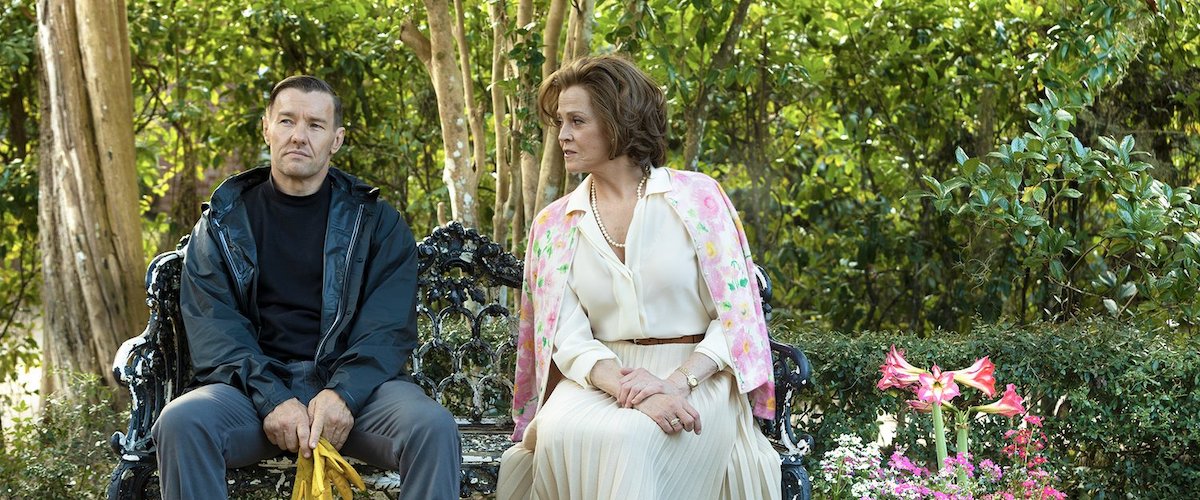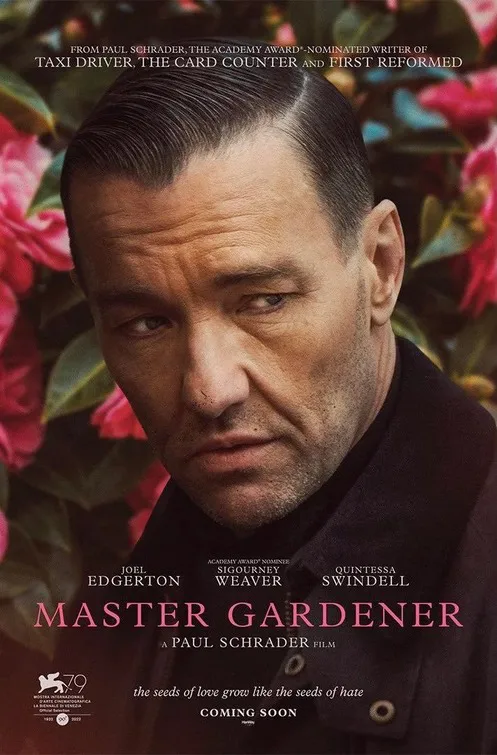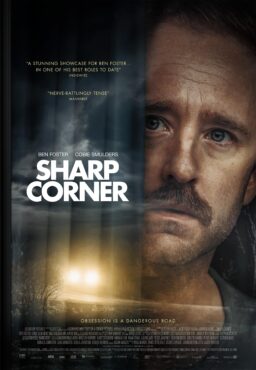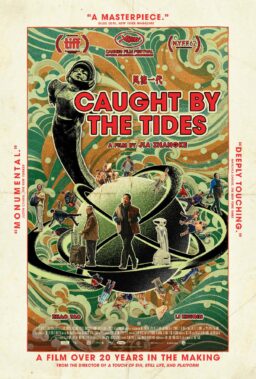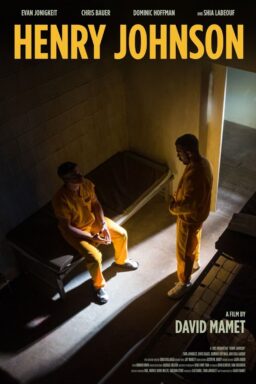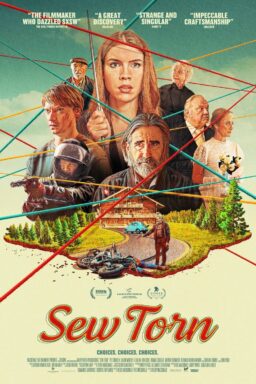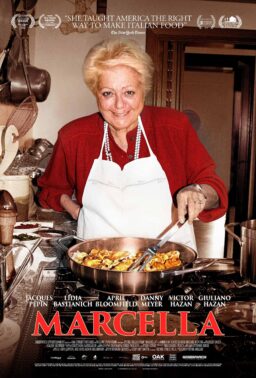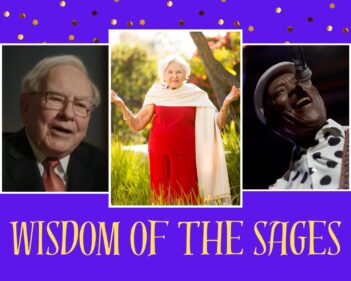In a recent interview with his “The Card Counter” star Oscar Isaac, the actor asked Paul Schrader about the elements of subversion in his pictures. Schrader responded: “Being a bad boy often implies vandalism of a severe nature, or jail, or being hauled before a judge. I was raised in an environment where you could be a rebel by going to a movie. And so I still have a component in that anything worth doing is going to shake some people up, and if it’s not shaking anybody up, then maybe there’s something wrong.”
Writing about Paul Schrader’s “The Card Counter” two years back at the Venice Film Festival, I noted that Schrader referred to it as one of his “man at a table” pictures. A year later, again in Venice, I saw “Master Gardener,” his new picture, just now seeing U.S. release. And here he leans into that trope even harder: after an elegant credits sequence using time-lapse photography to show beautiful flowers blooming, the very first shot of the picture is of lead actor Joel Edgerton sitting at a table, and what’s he doing? Writing in a journal, of course.
His character, Narvel Roth, works at a high-end botanical garden in an unnamed town (the movie was shot in New Orleans and New York, and the gorgeous flowers seen suggest upstate while the hanging oak trees suggest Louisiana). It’s the private estate of Sigourney Weaver’s Norma Haverhill, with whom the taciturn but always candid Narvel has a special relationship. Narvel is indeed the master gardener of the title, but we soon infer that gardening has not always been his reigning passion.
His voluminous journal entries, which have a lot of information about plant life, but also open into flash-frame flashbacks to an earlier part of his life, have unnerving qualities. He describes a certain sensation as “the buzz you get just before pulling the trigger.” A viewer may notice that Narvel always wears long-sleeved shirts, even as the weather gets warmer. It’s curious. Then, late one evening, in the isolation of his private residence on the estate, he strips to the waist in front of the mirror. During my first viewing of the movie, this was the point in which I wrote in my notebook, “What the f—k is going on?”
And I left it at that writing from Venice last year—and I’m still going to leave it at that. The mileage other critics give you will definitely vary; the plot has also been discussed in a spate of recent Schrader interviews. But if there’s a chance that you can walk into this film innocent, you should. That’s the way the movie will best work on you.
One afternoon after discussing an upcoming charity gala, Miss Haverhill, with great hauteur, announces that he will professionally look after a niece of hers, a young woman named Maya (Quintessa Swindell). Maya’s having a rough time because of, Norma declares with a smirk, “lifestyle issues.”
Maya is also beautiful, smart, and biracial—which is entirely relevant to what ensues—and takes to gardening well and happily. Narvel’s impressed with her and tells Norma so. He presses Norma actually to meet her grand-niece—they haven’t directly communicated in years—and when the two sit down for lunch, there’s tension. In their exchange, one is reminded of how great Schrader can be with dialogue. Discussing the levels of family dysfunction that have brought Maya to a precarious crossroads in life, Maya protests, “I’m not inadequate.” Norma responds, “No, of course, you’re not. You’re impertinent.” Weaver drops the line like a guillotine blade. Relations don’t improve from there. Maya shows up to work one morning, having endured a beating. Narvel, who’s grown fond of her, learns of the woman’s relationship with a drug dealer. He himself is not in a situation to do anything about it, and he tentatively reaches out to a law enforcement friend (Esai Morales). But eventually, Narvel and Maya are expelled from their garden and have to fend for themselves.
All the performances here are remarkable. Swindell perfectly underplays her character’s anger and vulnerability. Edgerton is similarly contained; like Al Pacino, he’s a great eye actor, and sometimes when he looks down, there’s a blackness in his gaze that suits the character in a scary way. And this picture presents a Sigourney Weaver performance of the kind you’ve never seen before. She’s magisterial in her formality; whether it’s in response to Schrader’s direction or something she came up with on her own, her acting here is almost Bressonian, seeming to eschew conventional notions of expressiveness but still conveying a dynamic range of emotion. Formally, Schrader keeps things simple. Now and then, he’ll have cinematographer Alexander Dynan do a moving camera shot that begins at nearly ground level, then rises to take an expansive view of the scene. There’s one particularly startling image of Maya sitting on a motel bed, bathed in light that could be from the headlights of a car outside, but looks more … ethereal than that.
Despite its general tenor of quietude (which breaks in a confrontation scene that reminds you why yes, Schrader is also the writer of the film “Rolling Thunder”), “Master Gardener” is, among other things, a terrifically emotional film. Is it a spoiler to reveal a certain shift to optimism here, going even beyond the premise that people ARE capable of constructive change? Yes, here, that optimism arguably goes hand in hand with a kind of cis-het-male wish fulfillment, but so what? Let Schrader be Schrader. He’s a great artist. He’s earned his prerogatives, and this work here is up to the high standard he’s set for himself over the past decade and more.
The song at the end of the movie, part of the remarkable, insinuating score (mostly airy keyboards and heavily processed electric guitar, always hinting at a kind of magic that goes hand in hand with a lot of the movie’s plant imagery) by Devonte Hynes, who makes records under the name Blood Orange, says “I don’t want to leave this world without saying I love you.” It’s possible Schrader came up with this particular scenario because he believes that the only way to portray love credibly and compellingly these days is to depict it in its most utterly improbable form.
Now playing in theaters.

